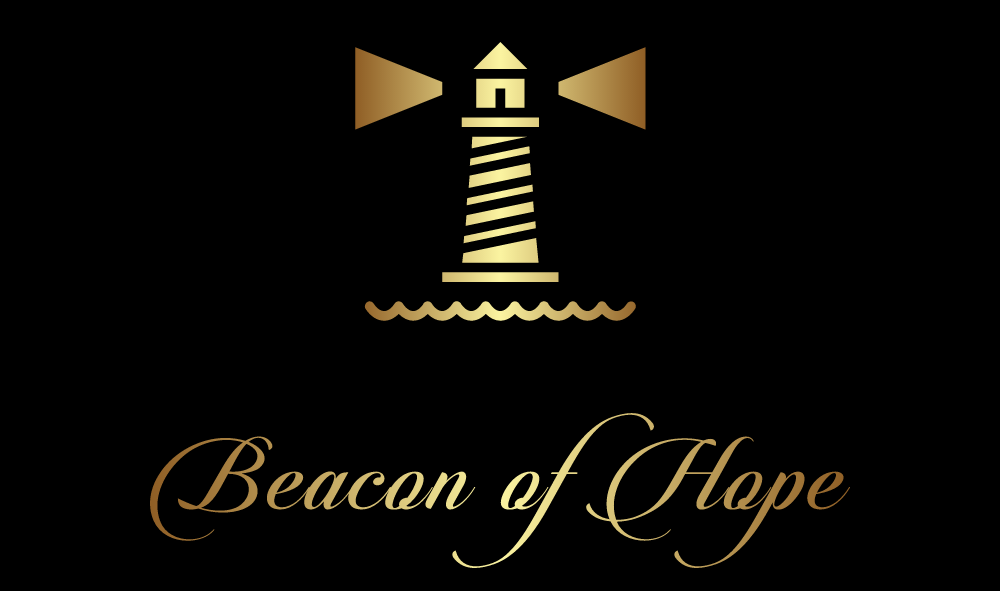Understanding “Child Therapy” & How it’s different
What is Child Counseling?
Child counseling is a type of therapy that focuses on young children, teens, and adolescents with one or more mental illnesses. It also provides aid to youths, who have experienced trauma, and/or who are experiencing a dysfunctional or stressful home environment.
Many of the issues these children face mimic the issues adults face in their day-to-day lives. Some of these common issues include anxiety, depression, and grief. The goal of child counseling, however, is to break down problems into manageable parts, so children can better understand and cope with them.
Who are Child Counselors?
Child counselors are mental health specialists, who offer invaluable insight into your child’s social and emotional development and mental health. It is important to understand that many times “glitches” in these areas may not be visible to the people closest to the child. That is where child counselors come in.
These individuals have the knowledge and expertise to recognize, identify, pinpoint, assess, diagnose, and treat a wide range of mental health conditions, adjustment issues (divorce, new school, bullying, grief, etc.), and psychological distress.
More specifically, child counselors, also sometimes referred to as child therapists and child psychologists (depending on the level of education and licensure), have been trained to “get into the minds of children,” so they can help them make sense of what is going on in their minds, bodies, and lives.
What are the Functions of Child Counselors?
Child counselors perform many services to vulnerable youth. Most importantly, these mental health professionals have the know-with-all to help your child receive the help he/she needs to resolve his/her issues and resume a healthy and productive life. It is important to understand that children, who are suffering from mental health issues or psychological distress, may not share these concerns with their parents. That doesn’t happen because your child doesn’t love you; rather, it occurs because he/she fears disappointing you.
Therefore, the aim of child counselors is to help children better interpret the issues they are experiencing and/or the trauma that occurred – in a way they can process and understand. When a child’s social and emotional issues and psychological distress are left untreated, it can negatively impact his/her educational aspirations and developmental milestones. Many of the approaches involve games, different forms of art, role-playing, puppets, card games, etc. We need to meet the child where they can best process things. Do not fear parents/guardians, these types of games and approaches typically have a therapeutic twist to it; the kiddos do not need to know this when they are young enough to believe they are just having fun.
Ultimately, this form of counseling aims to help children work through their emotions, so they can live normal healthy lives without the lasting effects of fear, confusion, anxiety, or trauma. The good news is you can play an important part in your child’s mental health simply being observant.
If you notice that your child’s behavior has suddenly and/or dramatically changed, or something feels “off” with your child, schedule a consultation with one of our therapists, and together we can work together as a team to get things back on track.
